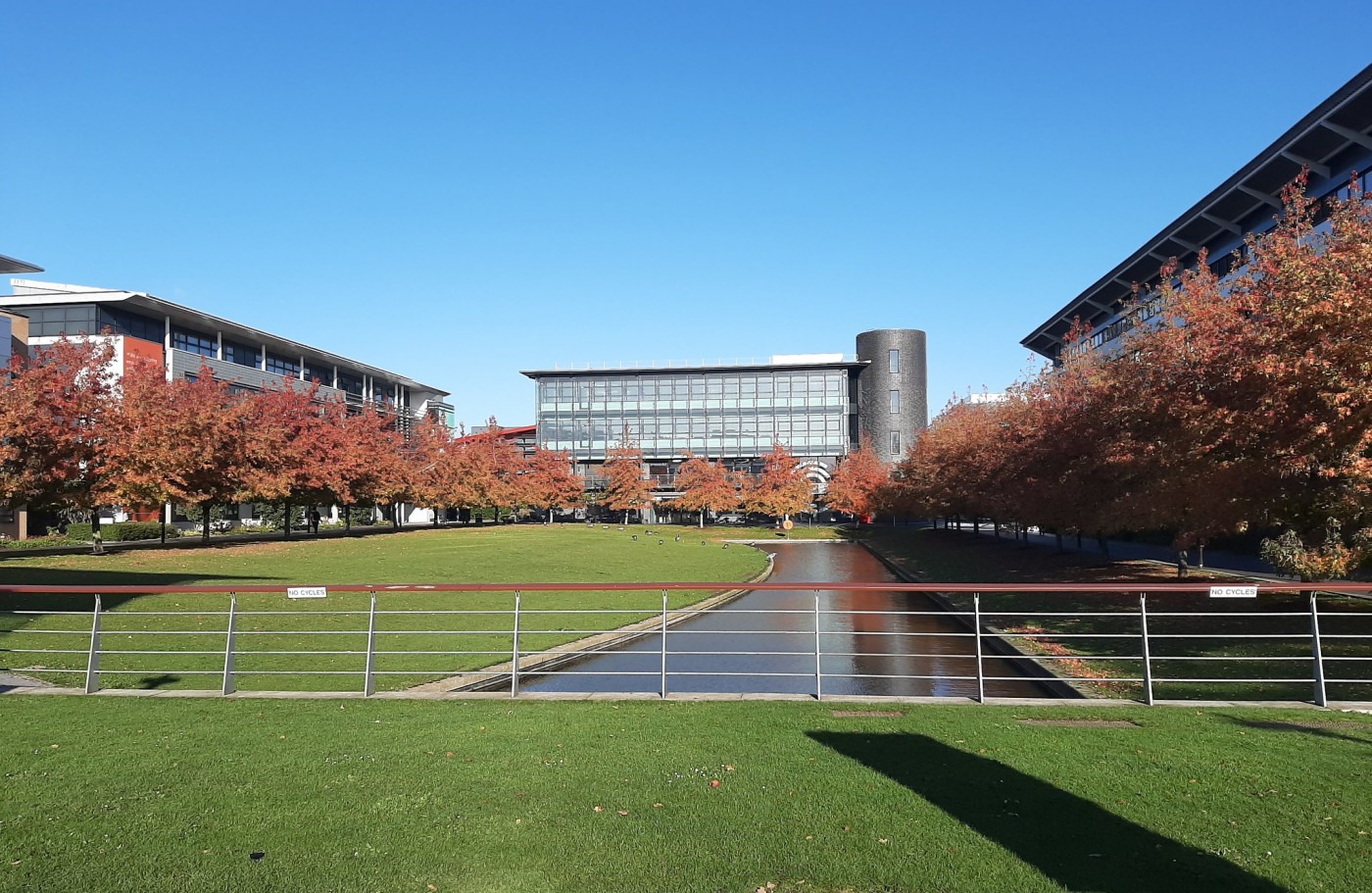Trouble on campus: new students grapple with huge rent increases
As freshers’ week begins and campus erupts with noise and life once more, conversations about the ever-increasing cost of on-campus accommodation will be quick to spark. With the demolition site of £91/week Whitefields casting an unavoidable shadow over new students as £245/week Bluebell towers just behind, the struggle for affordable student accommodation on campus has never been more clearly epitomised.
The hole left on central campus by Whitefields paints an unmistakeably stark portrait of Warwick’s accommodation problem. By demolishing these 195 rooms, Warwick will deny incoming students the only on-campus accommodation that costs less than the minimum maintenance loan. Warwick’s cheapest accommodation option has shifted from Whitefields to Cryfield Standard, which costs £30 more per week.
Across all accommodations available to undergraduate students, rents have increased by an average of 5.57% compared to last year. However, this only accounts for accommodation available both this year and last. The picture looks even worse when you consider the unavailability of Whitefields and Westwood – previously two of Warwick’s cheapest options – and the fact they have been effectively replaced by expensive ensuite accommodation in the form of Cryfield Apartments and Westwood
Ensuite.
A link to a table comparing on-campus rents for the 2023/24 and 2024/25 academic years can be found here.
These monumental rent increases echo a troubling trend sparking angst across the nation, with the 2024 National Student Accommodation Survey reporting that 64% of UK university students struggle with the cost of rent, and 2/5 have considered dropping out altogether due to skyrocketing housing costs. This problem has been indefinitely worsened by a lack of financial support offered by the Government: in January, they announced 2024/25 maintenance loans would increase by just 2.5%.
1/3 of students who simultaneously undergo university and part-time work felt it negatively impacted their studies
Such disparity has caused an inevitable increase in the number of students seeking part-time work alongside their studies, with a survey by the Higher Education Policy Institute suggesting that 56% of UK university students are currently in paid employment. Pivotally, this increase in the number of employed students follows reports from the National Union of Students that 1/3 of students who simultaneously undergo university and part-time work felt it negatively impacted their studies.
This financial and academic stress can be felt intensely across campus. Last November, student activists, including those part of the student-led Warwick Housing Organisation, sponsored and campaigned for a November 2023 All Student Vote motion titled ‘Let’s fight for better on-campus accommodation’.
The motion reflected a general distasteful sentiment towards Warwick’s on-campus accommodation fees, lobbying for the University to freeze rents and bring them back down to pre-Covid levels, alongside increasing the amount of “accessible accommodation”. 86% of students – a monumental majority – voted in favour.
Whether students will be forced into submission, accepting egregious costs as the norm for the privilege of living on campus, remains to be seen
For every academic year that passes with no ameliorative action, the on-campus rents that Warwick offers will play an increasingly prevalent role in the decision-making process of prospective students. Last year, the Unite Application Index, which tracks the attitudes of university applicants, reported that 17% of students felt the cost of living influenced their choice of university, with many purposefully choosing to study in cities that they perceived as more affordable or cheaper to live in. Ironically, despite the great cost of on-campus accommodation, Coventry is regarded as an affordable city for students, with average expenses expected to be around £700/month. Indeed, there is a striking difference between the cost of Coventry University and Warwick University accommodation, with Coventry’s most expensive ensuite accommodation, Bishop Gate, costing £77 less a week than Bluebell.
A cost-of-living crisis, rapidly rising rents, the Whitefields void, and a lack of support from the government worsen an increasingly tumultuous time for students at Warwick. Whether students will be forced into submission, accepting egregious costs as the norm for the privilege of living on campus, remains to be seen.

Comments